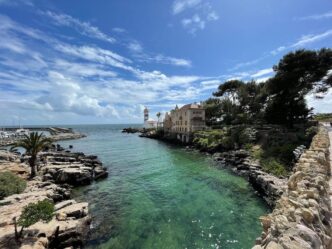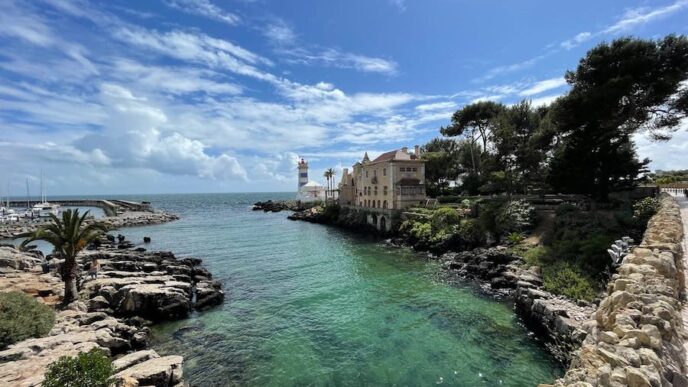Portugal has recently been ranked 18th among European Union (EU) countries in terms of average gross salary, according to the latest data from Eurostat. This placement underscores Portugal’s steady economic progress while highlighting the persistent challenges faced by the nation in achieving wage parity with its more affluent EU counterparts.
The Current State of Salaries in Portugal
With an average annual gross salary below the EU average, Portugal’s ranking reflects a broader narrative of economic disparities across the European Union. While some EU countries boast some of the highest salaries globally, Portugal’s position shows a gap that policymakers and economic experts are keen to address.
The report highlights that, on average, employees in Portugal earn significantly less than their counterparts in countries such as Luxembourg, Denmark, and Germany, which continue to top the EU salary rankings. These nations often report average annual gross salaries well above €50,000, with Luxembourg leading the way at an impressive €72,200 per year.
In comparison, the average annual salary in Portugal stands at around €24,000, placing it in the middle tier among EU countries. This level is notably higher than some Eastern European countries but remains behind many Western and Northern European nations. The ranking is a testament to Portugal’s gradual economic improvement over the years, yet it emphasizes the distance that still needs to be covered to reach EU salary norms.

Why Does Portugal Rank 18th?
Several factors contribute to Portugal’s current ranking. One major reason is the structural economic challenges, such as lower productivity levels and an economic reliance on traditionally lower-wage sectors, including tourism and agriculture. Despite the booming tech industry and foreign investment in urban areas like Lisbon and Porto, the wider impact on average wages across all sectors has been gradual.
Another contributing factor is the relatively high taxation and social security contributions that can impact net salaries. While these taxes support social welfare and public services, they also play a role in how far salaries can stretch for Portuguese households.
EU Commentary and Economic Outlook
EU economic experts have pointed out that salary disparities across member states are influenced by a variety of factors, including cost of living, inflation rates, and productivity metrics. In Portugal, while the cost of living is generally lower than in Northern Europe, inflation and rising housing costs, particularly in urban centers, have started to outpace salary growth, putting pressure on the purchasing power of residents.
However, the EU notes that recent economic policies and labor reforms in Portugal have been aimed at fostering wage growth and economic resilience. The Portuguese government has been focused on attracting foreign investment, promoting tech startups, and enhancing the qualifications of the workforce, all of which are expected to contribute to future salary increases.
How Does Portugal Compare Within the EU?
Portugal’s position at 18th is comparable to other Southern European countries such as Spain and Italy, which also face similar economic structures and salary challenges. However, Portugal outperforms many of its Eastern European peers, including Bulgaria, Romania, and Hungary, where average annual salaries remain among the lowest in the EU, often not exceeding €15,000.

The Road Ahead: Challenges and Opportunities
To bridge the salary gap with leading EU nations, experts suggest that Portugal must continue investing in higher value-added industries, such as technology, finance, and renewable energy. Increasing workforce productivity and ensuring wage growth aligns with economic growth are essential steps.
Moreover, continued investment in education and training programs is vital for building a workforce that can compete on a global scale. The EU has recognized Portugal’s efforts in these areas and expects gradual improvements in economic and salary metrics in the coming years.
Final Thoughts
While Portugal’s ranking at 18th place highlights both progress and the need for further economic development, it also emphasizes the importance of continued reforms and strategic investments. By leveraging its strong sectors and implementing policies aimed at sustainable growth, Portugal can aspire to climb higher in future EU salary rankings.
As Portugal works towards these goals, the balance between maintaining its cultural and economic identity while striving for economic parity within the EU remains a focal point for policymakers, citizens, and investors alike.













